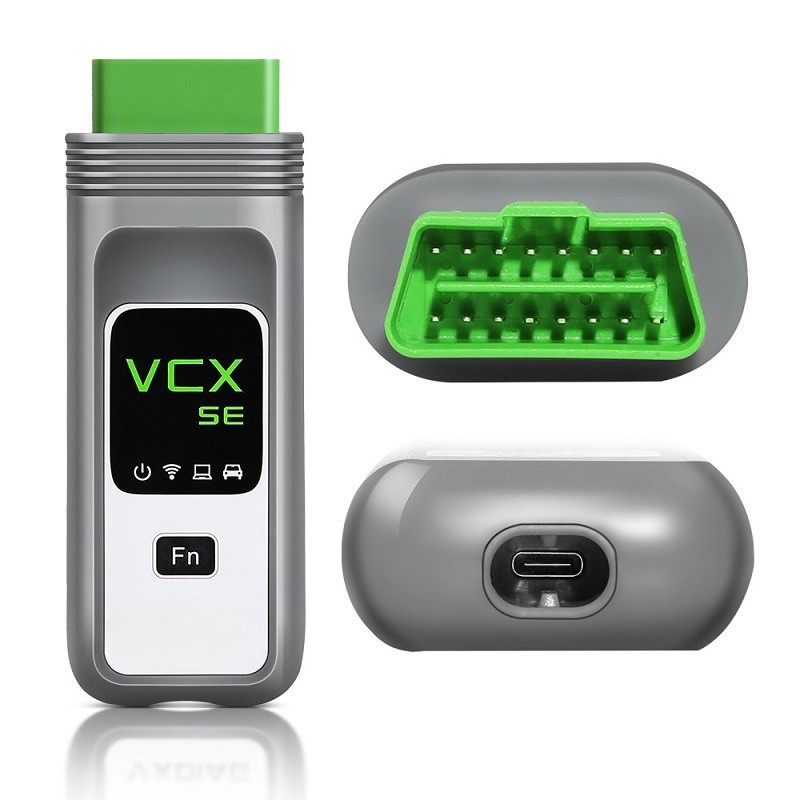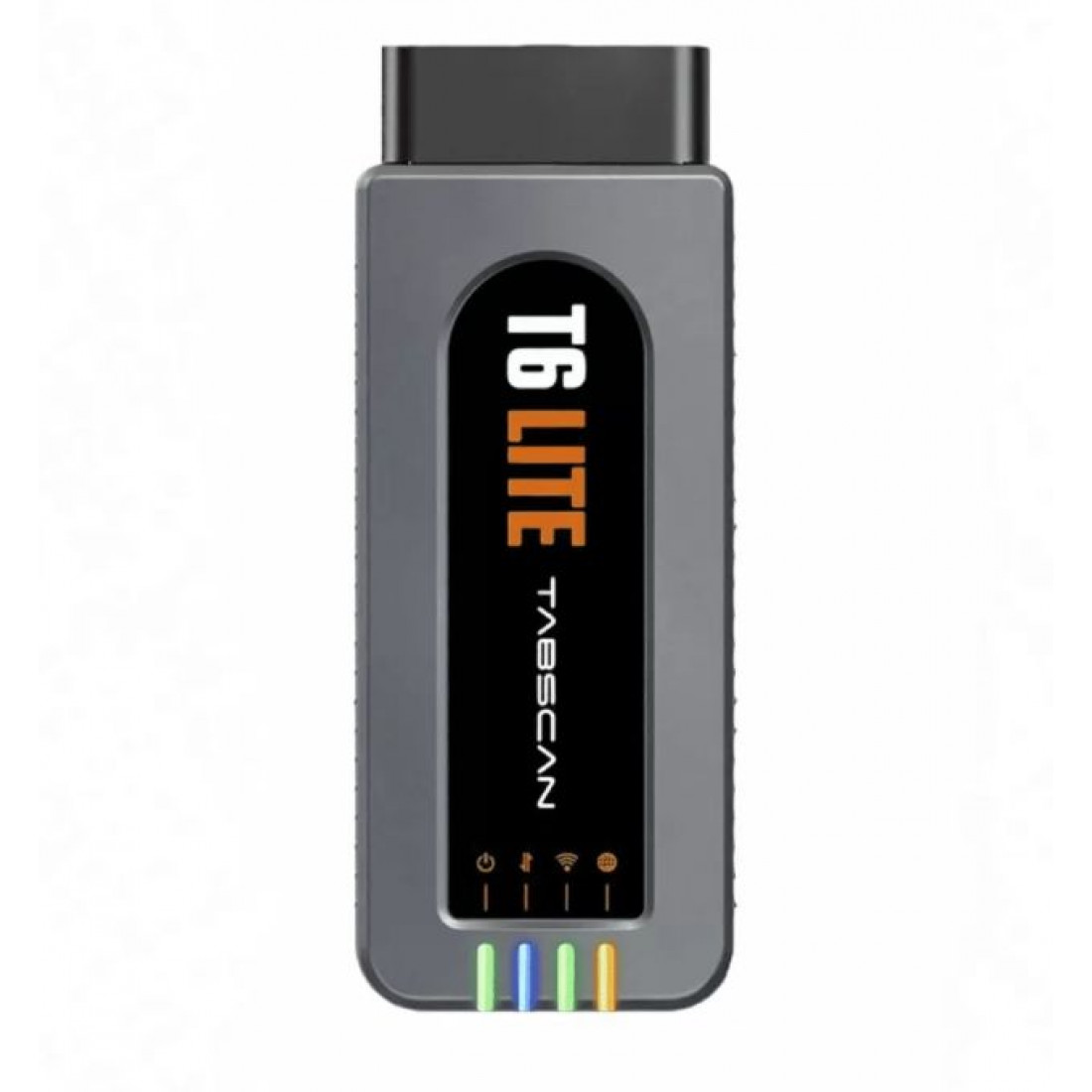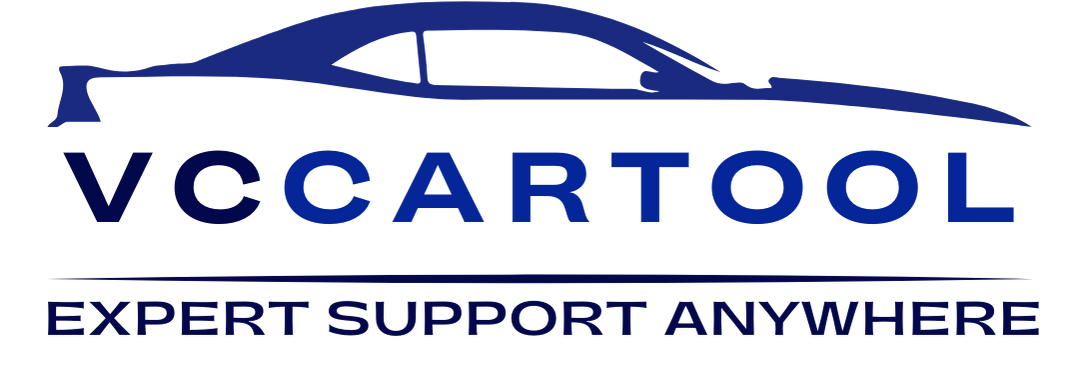Can I use one device for multiple car brands?
If you’re a professional mechanic or a car enthusiast, you’ve likely wondered: Can one diagnostic device work across different car brands? With the rise of multi-brand diagnostic tools and protocols like J2534, the answer is increasingly yes — but with important limitations. In this article, VCCarTool explores the potential, compatibility, and constraints of using a single device to service various vehicle manufacturers, helping you choose the right solution for your garage or workshop.
What Does “Multi-Brand” Diagnostic Mean?
A multi-brand diagnostic refers to the ability of a single diagnostic tool or device to work across multiple vehicle brands, rather than being limited to just one manufacturer. Unlike OEM-specific tools (such as BMW ICOM, Mercedes SD Connect C4, or Ford VCM II), multi-brand diagnostic tools are designed to communicate with a wide range of vehicle ECUs regardless of the make or model.
These tools rely on standardized communication protocols like J2534 PassThru, CAN, K-Line, and DoIP, enabling technicians to perform essential diagnostic functions such as:
- Reading and clearing trouble codes (DTCs)
- Viewing live sensor data and system status
- Running system tests and actuator activations
- Performing maintenance resets (oil service, brake pad reset, etc.)
- Sometimes supporting basic coding or adaptation
- Multi-brand diagnostics are particularly useful in independent workshops, mobile services, and multi-brand garages, where it’s not cost-effective to invest in brand-specific tools for each vehicle type.
However, it’s important to note that functionality may vary between brands and vehicle models. Some advanced functions like ECU programming or online coding may be limited or not supported at all on certain platforms.
In short, a multi-brand diagnostic tool is a versatile, cost-effective solution for general diagnostics across different makes—perfect for technicians looking to cover a broad range of vehicles without needing multiple OEM devices.
What Makes a Device Compatible Across Brands?
For a diagnostic device to be compatible across multiple car brands, it must support a combination of hardware standards, communication protocols, and software adaptability. Here are the key factors that make a device truly multi-brand:
1. J2534 PassThru Protocol Support
The J2534 standard, also known as PassThru, allows diagnostic devices to interface with the vehicle’s ECU using manufacturer-specific software. This is a government-mandated protocol in many regions, enabling third-party tools to access OEM systems for basic diagnostics, flashing, and reprogramming.
2. CAN, K-Line, DoIP Compatibility
Modern vehicles use different communication systems:
- CAN (Controller Area Network) – Common in almost all cars after 2008.
- K-Line – Used in older vehicles.
- DoIP (Diagnostics over Internet Protocol) – Found in newer luxury brands like BMW, Mercedes, and Jaguar Land Rover.
A device that supports these ensures broader brand compatibility.
3. Adaptable Diagnostic Software
Tools like Autel, Launch X431, ThinkCar, and TOPDON come with software suites that cover hundreds of makes and models. They use regularly updated databases and cloud-based functions to stay compatible with the latest vehicle systems.
4. OBD-II and OEM Protocols
Support for standard OBD-II protocols (ISO9141, ISO14230, ISO15765, SAE J1850) ensures basic diagnostics work on all vehicles post-1996 (US), post-2000 (EU). Advanced tools also mimic or integrate OEM protocols, enabling deeper access to brand-specific features.
5. Built-in ECU & System Auto-Detection
Multi-brand devices often come with intelligent detection features that automatically recognize the vehicle make and model and adjust the diagnostic process accordingly.
6. Firmware and Software Update Support
Compatibility with multiple brands also depends on regular updates that integrate new vehicle models, software improvements, and bug fixes
Examples of Multi-Brand Diagnostic Devices
Here are some popular examples of multi-brand diagnostic devices that are widely used by professional technicians, auto repair shops, and enthusiasts for working across various vehicle brands:
1. Autel MaxiSys Elite / Ultra / MS908 Series
Coverage: 80+ car brands worldwide.
Key Features:
- ECU coding and programming (on supported models).
- Active tests (bi-directional control).
- Fast Android-based interface.
- Regular software updates.
- Ideal for: High-end garages and mobile technicians.
2. Launch X431 Series (X431 V+, Pro5, Pad VII)
Coverage: 100+ car brands and models.
Key Features:
- Online coding & adaptation for major brands.
- Reset functions: DPF, EPB, BMS, SAS, etc.
- Cloud diagnostic support and remote assistance.
- Ideal for: Independent workshops and multi-brand service centers.
3. ThinkCar ThinkTool Master X / X10S
Coverage: Extensive support for global brands.
Key Features:
- Online coding for VW/Audi/BMW/Mercedes.
- All-system diagnostics and service resets.
- Portable and cost-effective for mid-range users.
- Ideal for: Mobile techs and advanced DIY users.
4. Bosch KTS Series
Coverage: European, Asian, and American cars.
Key Features:
- Deep integration with OEM-level diagnostics.
- PassThru (J2534) for OEM programming.
- Long-term industry reliability and reputation.
- Ideal for: Dealers and OE-certified service centers.
5. VCX Nano / VCX SE / VCX DoIP (Passthru J2534 Devices)
Coverage: Depends on OEM software installed (e.g., Xentry for Mercedes, ISTA for BMW).
Key Features:
- Uses J2534 to work with multiple OEM diagnostic platforms.
- Budget-friendly and flexible.
- Ideal for: Technicians who work with specific brands but want flexibility.
6. Topdon Phoenix Series
Coverage: 100+ car manufacturers.
Key Features:
- ECU programming and advanced diagnostics.
- Key programming and battery testing options.
- Ideal for: All-round garage diagnostics.
Tip: If you plan to work on a specific brand like BMW, Mercedes, or VAG, choose a J2534-compliant tool like VCX SE or go with a tool like Autel or Launch for broad multi-brand support with frequent updates and great usability.
Let me know if you want recommendations based on your workshop size or vehicle types.
Limitations of Using One Device for All Brands
Using one diagnostic device for multiple car brands offers convenience, but it comes with several limitations that users should be aware of. Below are the key limitations of using a single multi-brand diagnostic tool:
1. Limited Access to OEM-Level Functions
Multi-brand tools may not offer the same depth of access as brand-specific tools. For example:
- You may not be able to perform SCN coding on Mercedes.
- Full programming and advanced functions (e.g., retrofit coding) may be locked on BMW, VAG, or Toyota.
2. Software Compatibility Gaps
While these tools cover many brands, not all systems are equally supported. Some brands might offer:
- Incomplete module coverage (e.g., can’t read comfort or infotainment modules).
- Missing special functions (e.g., injector coding or DPF reset on specific models).
3. Slower Performance
Because the device is designed to be universal, it may lack optimization for specific protocols:
- Longer connection times to ECUs.
- Slower response during bi-directional tests.
- Lag or freeze when scanning high-end models with many ECUs.
4. Inconsistent Update Support
- Updates for some car brands may lag behind, especially newer models.
- Licensing and subscription fees can increase as more brands and functions are added.
5. Programming Limitations
Even with PassThru (J2534) tools:
- Programming is limited to OEM software (and usually needs subscriptions).
- Requires OEM accounts, internet connection, and setup knowledge.
- Risk of bricking ECUs without proper procedure.
6. Less Technical Support
Multi-brand tools usually come with generic support. If you’re troubleshooting:
- Less likely to get help for brand-specific issues.
- Lack of access to manufacturer wiring diagrams or repair data unless you pay extra.
7. Physical Compatibility Issues
Some brands require specific connectors, adapters, or cables that aren’t included with every device. For example:
- Chrysler 12+8 connector
- Ford CAN-FD protocol
- BMW FZV antenna module adapter
Multi-brand diagnostic devices are a cost-effective and versatile solution, especially for general service garages. However, for deep-level diagnostics, coding, and programming on specific makes like Mercedes, BMW, or Audi, you may still need OEM tools or brand-specific interfaces like ICOM Next, or C4/C6 DOIP.
Recommended Interface for Multiple Car Brands
If you’re looking to service multiple car brands with a single device, VCCarTool recommends two powerful and reliable options:
1. VCX SE
- Compatibility: BMW, Mercedes-Benz, VW, Porsche, Ford/Mazda, GM, and more.
- Functions: Full diagnostics, online/offline coding, ECU programming (where supported), service resets.
- Connection: USB, Wi-Fi, and Bluetooth.
- Ideal for: Technicians needing J2534 support with wide software coverage.

2. Tabscan T6 Lite
- Compatibility: VAG (VW, Audi, Skoda, Seat), Mercedes-Benz, BMW, GM, Ford, etc.
- Functions: Offline programming, DTC reading/clearing, adaptation, actuation tests, and real-time data streaming.
- Interface: Robust casing, LED indicator for vehicle communication protocols.
- Ideal for: Workshop users who require versatility with affordable cost.

These devices are fully supported by VCCarTool, including:
- Software installation
- Remote setup & activation
- Technical support and firmware updates
Contact us via WhatsApp at +1 (901) 414-1927 for personalized recommendations.
Using a single diagnostic device across multiple car brands is not only possible but increasingly efficient with the right tools. Devices like the VCX SE and Tabscan T6 Lite offer wide compatibility, solid performance, and cost-effective solutions for both professional workshops and independent technicians. While there may be some functional limitations compared to OEM-specific tools, these multi-brand interfaces remain a smart choice for most general diagnostic, coding, and adaptation tasks.
With VCCarTool’s expert setup support, remote guidance, and proven product selection, you can confidently equip your garage for multi-brand diagnostics without compromising reliability or service quality.
For more information or help choosing the right device, contact VCCarTool via WhatsApp at +1 (901) 414-1927. We’re here to help you simplify diagnostics, across every brand you service.
